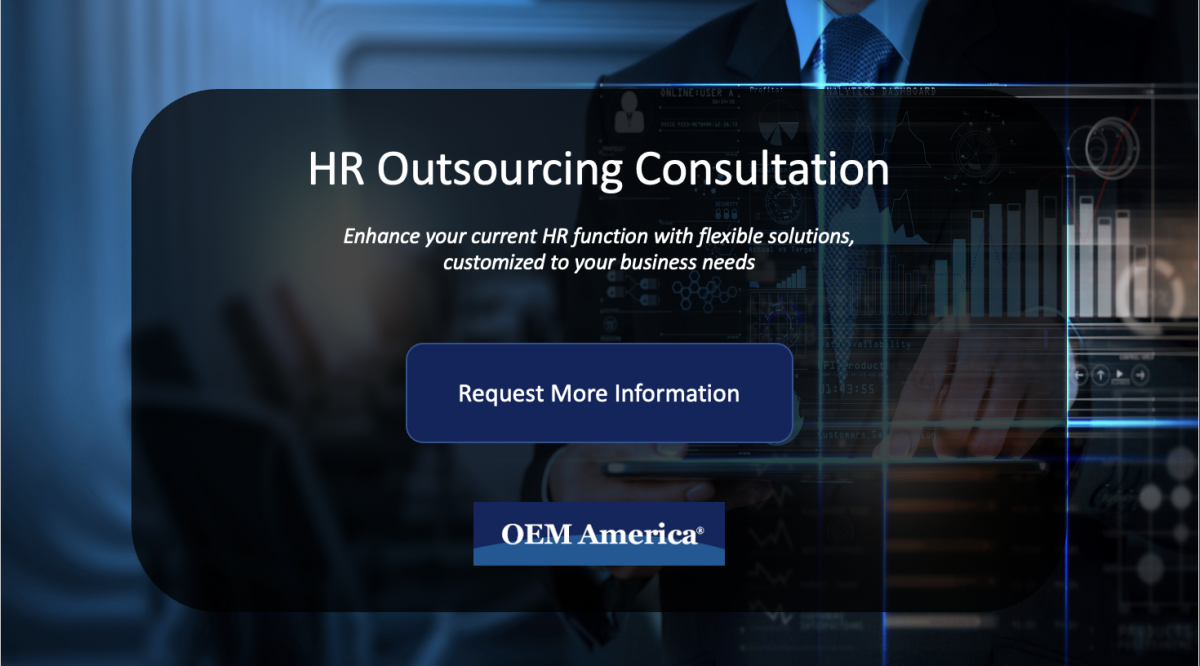The Objectives of an HR Audit: How Does Your Organization Measure Up?
Is your HR department performing according to your expectations? How do you find this information out? Conducting an audit of your HR department is a regular task in most businesses processes. An HR audit also lets you compare your business processes to your competitors, leaving you more aware of where to make changes in your strategy. Performing an HR audit will answer the question, “How does you organization measure up?”.
What is an HR Audit?
An HR audit is a review of you employment files, records, and processes. An audit is conducted to ensure employees are meeting work requirements and abiding by local and state laws. During an HR audit, potential risks to your business will emerge, making it easier for your company to follow the correct laws and make decisions regarding the workforce of your company. An HR audit clarifies HR’s responsibilities and duties, while also reducing your HR costs by implementing more effective procedures.
What’s the auditing process like?
To have a successful HR audit, you must first identify the indicators you want to study in your research. In the beginning of the process is when you map out what HR indicators that are important to your business structure and plan to focus on those indicators. This is a necessary step in the prepping stage to an HR audit. Next, you must examine the variations in corresponding time to be able to properly process the data you will be receiving. Also, compare your HR department with others in the industry during this process. Next, collect your data and draw out trend lines. Prepare a detailed report to represent your data to examine the areas of improvement. Create an action plan to foster in improvements.
What are the objectives of an HR audit?
Examine Policies and Procedures and Measure Effectiveness
By examining your policies and procedures of your HR department, you are helping to identify the strengths and weaknesses of your policies. The effectiveness of your policies and procedures will determine the cost of your HR department. If there is a more efficient way of conducting your policies, then that can save you money in the long term. Your HR audit allows you to create more productive policies that will create positive impact within your organization. You want to have continuous improvement in your organization to help your business grow. Performing an HR audit to examine your policies and procedures allows you to outline the areas of improvement to extend your growth.
Role Clarity of HR Functions
For employees working in HR, they need to have a clear understand of what their roles are. All employees should have the interest of the organization in mind when making decisions. Are HR personnel correctly managing payroll? Are they looking out for potential fraud unemployment claims? Performing an HR audit reminds employees of what their roles and expectations are. Employees with high role clarity tend to report high intention to stay at their current company, higher productivity, and higher satisfaction with leadership. Employees who have higher role clarity overall perform better and are more satisfied with their current employment.
Competitiveness of Your Company
An HR audit allows you to really dive in and explore the competitiveness your company has to offer. Asses what your HR team is offering for employee benefits to find you competitive advantage in the hiring field. Attract the best employees and keep them long term with a competitive compensation package. Be sure to compare the salaries, benefit packages, schedules, and telecommuting opportunities other companies in your industry offer.
Performance of Employees
Evaluate how your employees are performing through an HR audit. Are managers getting the tasks done that need to be completed? Are employees staying focused and productive? An HR audit will tell you all these answers. In this audit, you will also get to see the quality of feedback managers are giving staff. Analyzing the performance of employees will identify problems in your staff reviews and feedbacks. Internally, companies need to have good managers that give quality feedback to have happy, productive employees. Don’t let your business slowly crumble because you failed to evaluate the performance of your employees.
Compliance of Local and State Laws
All businesses must comply with local and state laws, and HR is responsible for the compliance. HR must be aware of any new laws that will affect the company. Your goal in the audit is to make sure your company is following all the necessary laws to avoid lawsuits. Often, HR audits look to comply with ISO 9001 standards, which is an international system of quality management. ISO 9001 looks at areas like customer focus, leadership management, evident based decision making, and engagement of people. ISO 9001 looks at your internal processes to ensure that you are able to consistently provide products that meet regulatory requirements. Often, companies struggle with keeping up with the ever-so-changing local and state laws.
Go Back
